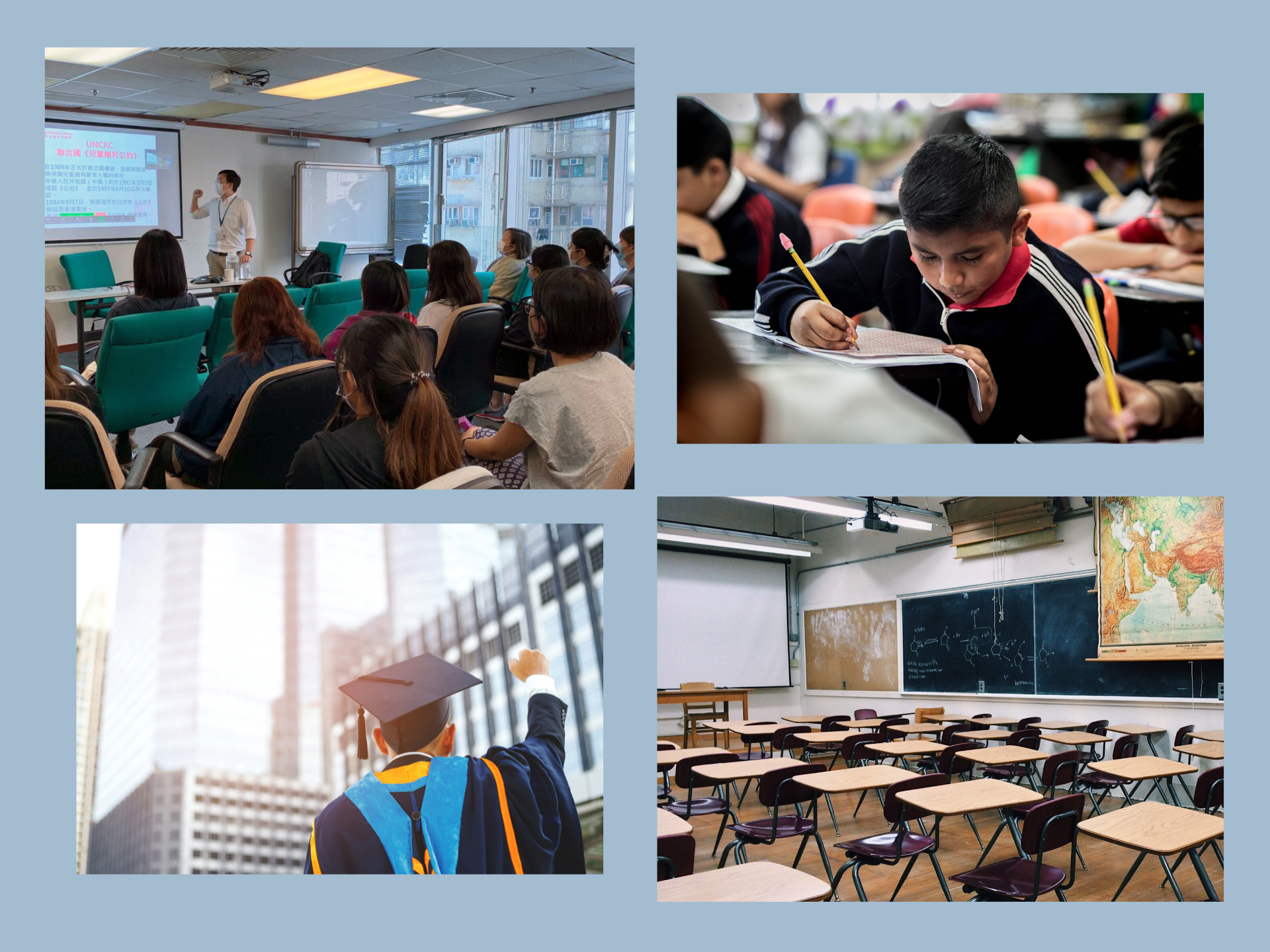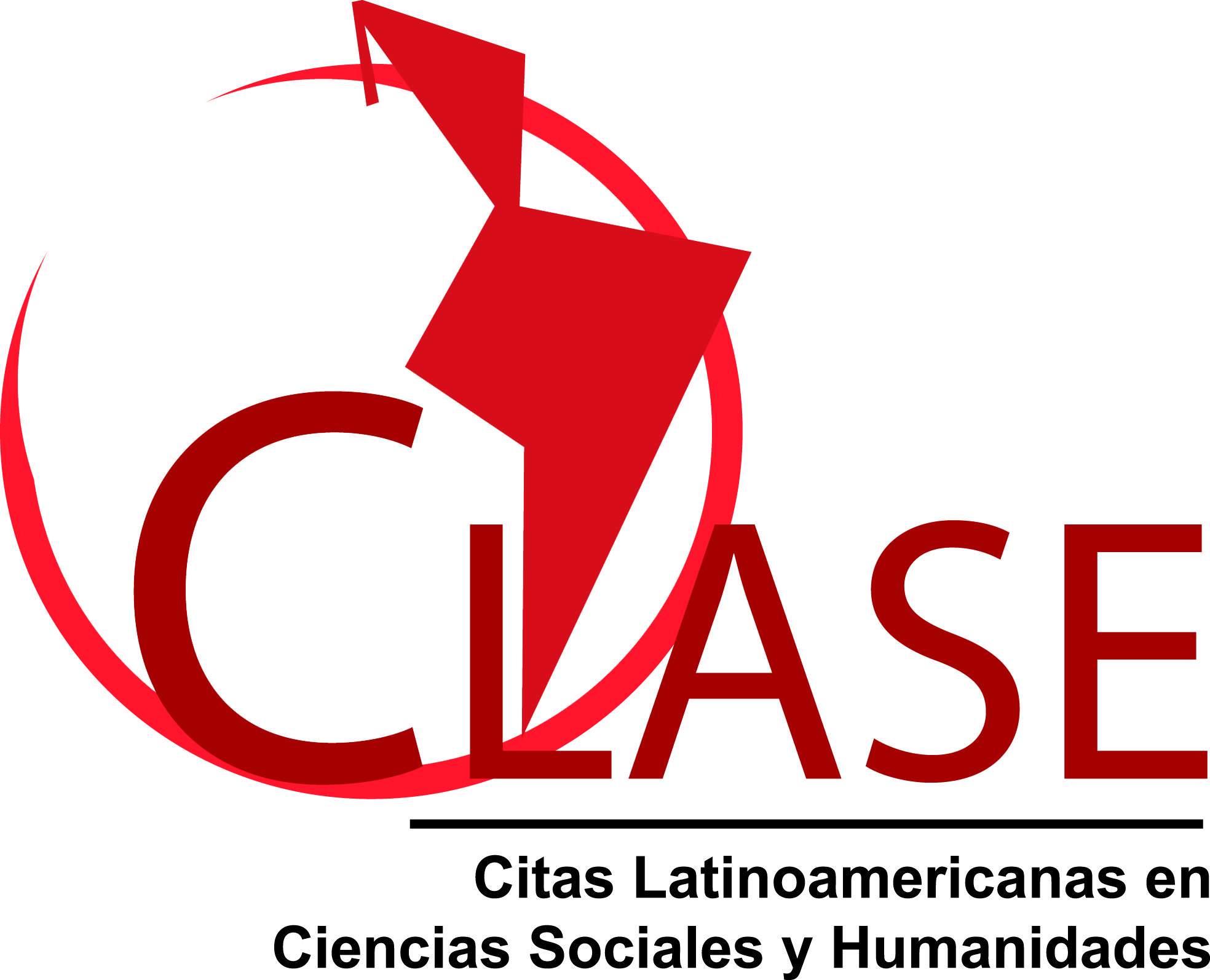Extended school time program in Tamaulipas as a policy for educational inclusion and equity
DOI:
https://doi.org/10.29059/rdycsv.v5i2.177Keywords:
social inequality, educational equity, school day, academic performance, educational achievementAbstract
Empirical evidence has demonstrated that education is a determining factor in reducing inequality, from which derives the importance of conceiving an educational model that weighs equity and inclusion as essential elements. From this perspective, educational policies have been designed seeking to increase learning opportunities, academic achievement and terminal efficiency. As a result, the Full Time Schools Program (PETC) emerged in Mexico as one of the main actions to reduce inequality and promote educational equity. However, after 15 years of its implementation, the PETC was suspended, generating a debate about the implications that its closure would have. Given this context, the present document has as its object of study the public primary schools with extended hours in the state of Tamaulipas, which are analyzed from a mixed methodology, establishing educational achievement, socioeconomic context and school administration as variables. The results suggest that the extension of the school day observes an indirect relationship with academic achievement, however, the impact of the program transcends the learning indicators and offers multiple possibilities for the collective and individual improvement of the school-age population in vulnerable situation.
References
Antúnez, S. (2004). Organización escolar y acción directiva. http://formacion.sigeyucatan.gob.mx/formacion/materiales/2/d5/p1/4.%20Antunez%20hacia%20una%20gestion%20participativa%20y%20democratica.pdf
Aronson, J. Z., Zimmerman, J., & Carlos, L. (1999). Improving student achievement by extending school. Is it just a matter of time.
Banco Interamericano de Desarrollo. (2005). La cohesión social en América Latina y el Caribe. Análisis, acción y coordinación, Washington, DC. http://documentoskoha.s3.amazonaws.com/15323.pdf
Bárcena, A. (2012). Caminos de igualdad para América Latina y el Caribe. Columna de opinión. http://www. eclac. cl/cgibin/getProd. Asp
Belfield, C. R., y Levin, H. M. (2007). The Costs and Benefits of After-School Care. New York: National Center for Children in Poverty.Cominetti, R., Ruiz, G. (1997). Algunos factores del rendimiento: las expectativas y el género. Human Development department. Brasil: LCSHD Paper series, 20 Latin america and caribbean regional office.
Carnoy, M., García-García, A., y Khavenson, T. (2019). Education, inequality and the future of the Mexican economy. Revista de Economía Institucional, 21(41), 73-101.
Cominetti Ruiz, G. (1997). Factores del rendimiento académico. SA Perú.
Galtung, J. (1990). La violencia: cultural, estructural y directa. Journal of Peace Research. Vol 27(3), 291-305. DOI: https://doi.org/10.1177/0022343390027003005
Gennetian, L. A., Ludwig, J., Duncan, G. J., y Cook, P. J. (2009). The Effects of Extended-Day Kindergarten Programs on Children's Development: Evidence from the Head Start CARES Demonstration. Pediatrics, 124.
Goldan, J., Lambrecht, J., y Loreman, T. (2021). Resourcing inclusive education. Emerald Group Publishing. DOI: https://doi.org/10.1108/S1479-3636202115
Hanushek, E. A., Peterson, P. E., Talpey, L. M., y Woessmann, L. (2012). Achievement growth: International and US state trends in student performance. National Bureau of Economic Research.
INEE. (2017). Informe de Resultados PLANEA 2015. El aprendizaje de los alumnos de sexto de primaria y tercero de secundaria en México. México: México.
INEE. (2018). Plan Nacional para la Evaluación de los Aprendizajes (PLANEA). http://planea.sep.gob.mx/ba/resultados_anteriores/
Jiménez-Domínguez, B. (2000). Investigación cualitativa y psicología social crítica. Contra la lógica binaria y la ilusión de la pureza. Investigación cualitativa en Salud. http://www.cge.udg.mx/revistaudg/rug17/3invesigacion.html
Murillo, F. y Román, M. (2010). Retos en la evaluación de la calidad de la educación en América Latina. Revista iberoamericana de educación, (53), 97-120. DOI: https://doi.org/10.35362/rie530559
Organización de las Naciones Unidas. (2015). Agenda 2030 para el Desarrollo Sostenible. Nueva York: ONU. http://www.onu.org.mx/agenda-2030/
Organización para la Cooperación y el Desarrollo Económicos. (2018). Equity in Education: Breaking Down Barriers to Social Mobility, PISA, OECD Publishing, Paris, https://doi.org/10.1787/9789264073234-en DOI: https://doi.org/10.1787/9789264073234-en
Organización para la Cooperación y el Desarrollo Económicos. (2019). Equity in Education: Breaking down Barriers to Social Mobility. OECD Publishing.
Organización para la Cooperación y el Desarrollo Económicos. (2022). Estudios Económicos de la OCDE: México 2022. https://www.oecd-ilibrary.org/sites/7293cc8bes/index.html?itemId=/content/component/7293cc8b-es
Piñero, L.J. y Rodríguez, A. (1998). Los insumos escolares en la educación secundaria y su efecto sobre el rendimiento académico de los estudiantes. Human Development Department. LCSHD Paper series No. 36. The World Bank. Latin America the Caribbean regional Office.
Ramírez, A. (2016). Evaluación específica de resultados del Programa Escuelas de Tiempo Completo (PETC), en su aplicación en el estado de Aguascalientes, de 2007 a 2015. https://www.iea.gob.mx/.../ TIEMPO _COMPLETO/EVALUACIONPETC/PETC-InformeFIN
Ross, J. G., y Romano, J. C. (2000). A review of research on extended-time programs in public schools. Washington, DC: National Center for Education Research.
Secretaría de Gobernación. (2011). Acuerdo número 610 por el que se emiten las Reglas de Operación del Programa Escuelas de Tiempo Completo. Publicado en el Diario Oficial de la Federación el 19 de diciembre de 2011.
Secretaría de Educación Pública. (2009). Programa escuelas de tiempo completo. Orientaciones pedagógicas para las escuelas de tiempo completo. México: SEP.
UNESCO–IIPE (2010). Estudio de caracterización de las escuelas de tiempo completo (ETC) en México. Encuesta a directores y equipos estatales. Buenos Aires: IIPE-UNESCO.
UNESCO, I. (2008, noviembre). Inclusive education: The way of the future. In Conclusions and recommendations of the 48th session of the International Conference on Education (ICE), (pp. 25-28). Geneva.

Published
How to Cite
Issue
Section
License
Copyright (c) 2023 Universidad Autónoma de Tamaulipas

This work is licensed under a Creative Commons Attribution-NonCommercial-ShareAlike 4.0 International License.
Accepted 2023-05-19
Published 2023-06-23







